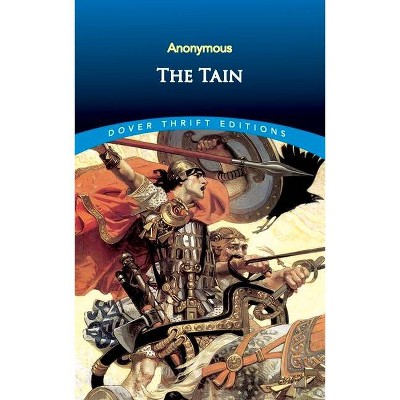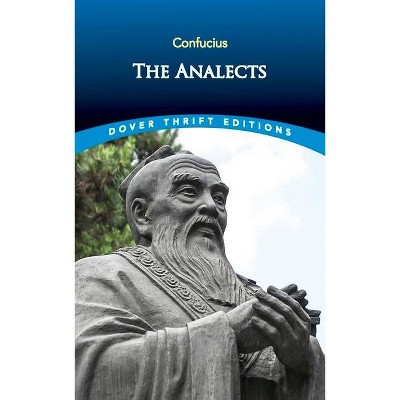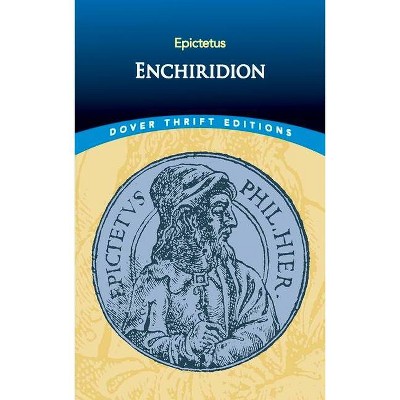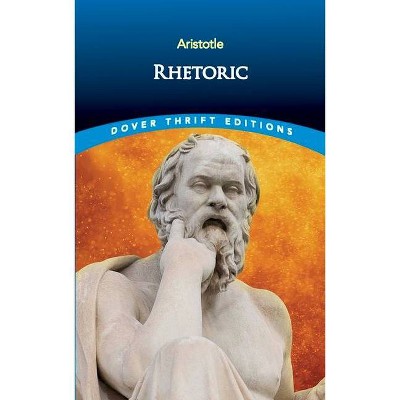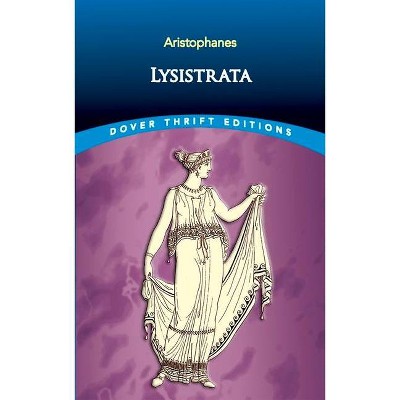The Memorabilia - (Dover Thrift Editions) by Xenophon (Paperback)
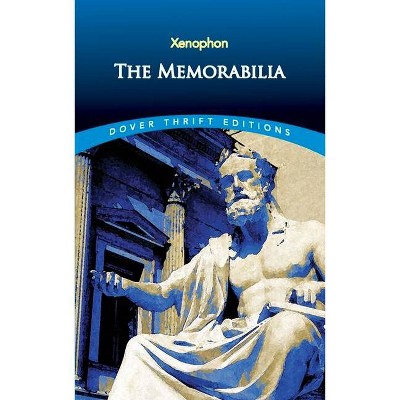
Similar Products
Products of same category from the store
AllProduct info
<p/><br></br><p><b> About the Book </b></p></br></br>Composed many years after Socrates' death, these dialogues were assembled by one of the philosopher's former students and recapture many examples of his conversations with his disciplines and fellow Athenians.<p/><br></br><p><b> Book Synopsis </b></p></br></br>Philosopher, soldier, and historian, Xenophon was a former student of Socrates who composed <i>The Memorabilia</i> many years after his teacher's trial and execution in 399 B.C. This collection of Socratic dialogues presents not the philosopher's actual defense to the Athenian court but rather a more general appreciation of his life and thought, although Xenophon does argue that Socrates was innocent of the formal charges against him: failure to recognize the gods of Athens, the introduction of new gods, and corruption of the youth. <br> This picture of Socrates differs substantially from that drawn by Plato, who focused on the ancient Greek sage's philosophy. Xenophon, on the other hand, offers many examples of the great philosopher's conversations with his students and fellow citizens, recounting more of the actual advice Socrates gave to those with whom he spoke. Accordingly, these dialogues offer a fascinating complement to the better-known works of Plato.<p/><br></br><p><b> About the Author </b></p></br></br>A philosopher, soldier, and historian of ancient Greece, Xenophon (c.430-354 B.C.) was a disciple of Socrates; he and Plato are the only two students whose records survive of the philosopher's conversation, life, and teachings. In the <i>Anabasis </i>and <i>Hellenica, </i> Xenophon reported on events of his own era; the former recounts his participation in a Persian civil war, and the latter provides an important account of the end and aftermath of the Peloponnesian War.
Price History
Price Archive shows prices from various stores, lets you see history and find the cheapest. There is no actual sale on the website. For all support, inquiry and suggestion messages communication@pricearchive.us
